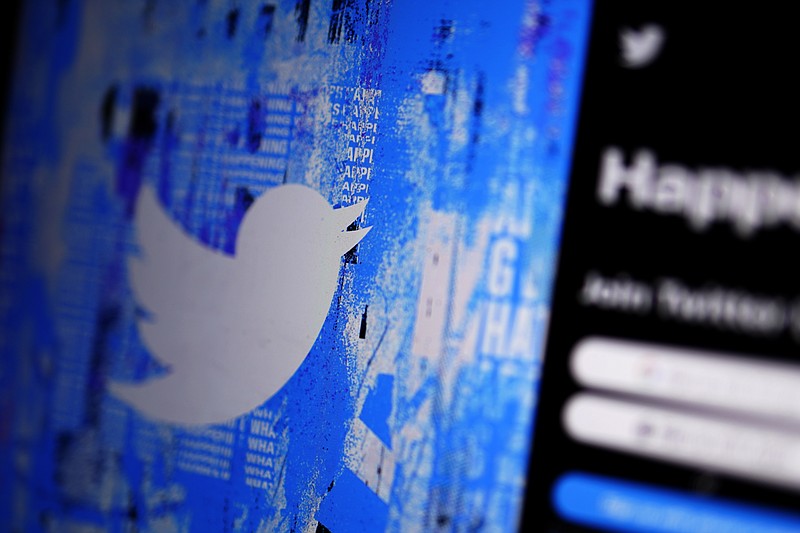NEW YORK -- Some parts of Twitter's source code -- the fundamental computer code on which the social network runs -- were leaked online, the social media company said in a legal filing.
According to the legal document, first filed Friday with the U.S. District Court of the Northern District of California, Twitter had asked GitHub, an internet hosting service for software development, to take down the code where it was posted. The platform complied and said the content had been disabled, according to the filing.
Twitter, based in San Francisco, noted in the filing that the postings infringe on copyrights held by Twitter.
The company also asked the court to identify the alleged individual or group that posted the information without Twitter's authorization.
Twitter started an investigation into the leak and executives handling the matter have surmised that whoever was responsible left the San Francisco-based company last year, two people briefed on the internal investigation said.
It's seeking names, addresses, phone numbers, email addresses, social media profile data and IP addresses associated with the user account "FreeSpeechEnthusiast," which is suspected of being behind the leak. The name is an apparent reference to Twitter's billionaire owner, Elon Musk, who described himself as a free speech absolutist.
Since Musk bought Twitter in October for $44 billion, about 75% of the company's 7,500 employees have been laid off or resigned.
It is difficult to know if the leak poses an immediate cybersecurity risk for users, said Lukasz Olejnik, an independent cybersecurity researcher and consultant, but he did say that breach underscores internal turbulence at the company.
"While this is the internal source code, including internal tools, the biggest immediate risk seems to be reputational," Olejnik said. "It highlights the broader problem of Big Tech, which is insider risk," and could undermine trust between Twitter's employees or internal teams, he said.
Musk had promised earlier this month that Twitter would open-source all the code used to recommend tweets on March 31, saying people "will discover many silly things, but we'll patch issues as soon as they're found!" He added that being transparent about Twitter's code will be "incredibly embarrassing at first" but will result in "rapid improvement in recommendation quality."
The leak creates another challenge for Musk, who took the company private after he bought it. Twitter has since been engulfed in chaos, with job cuts and an exodus of advertisers fearful of exposure on the platform to looser rules on potentially inflammatory posts.
The Federal Trade Commission is investigating the job cuts at Twitter and is trying to obtain Musk's internal communications as part of ongoing oversight into the social media company's privacy and cybersecurity practices, according to documents described in a congressional report.
The turmoil has caused financial damage. On Friday, Musk told employees in an email that Twitter was worth roughly $20 billion, down more than 50% from what he paid for it. He said "radical changes" at the company, including the job cuts and cost-cutting, were necessary to avoid bankruptcy and streamline operations.
"Twitter is being reshaped rapidly," Musk wrote in the email seen by The New York Times. He said the company could be thought of as "an inverse startup" and that he believed Twitter could someday be worth $250 billion.
Information for this article was contributed by Anne D'Innocenzio and Kelvin Chan of The Associated Press and by Ryan Mac and Kate Conger of The New York Times.
